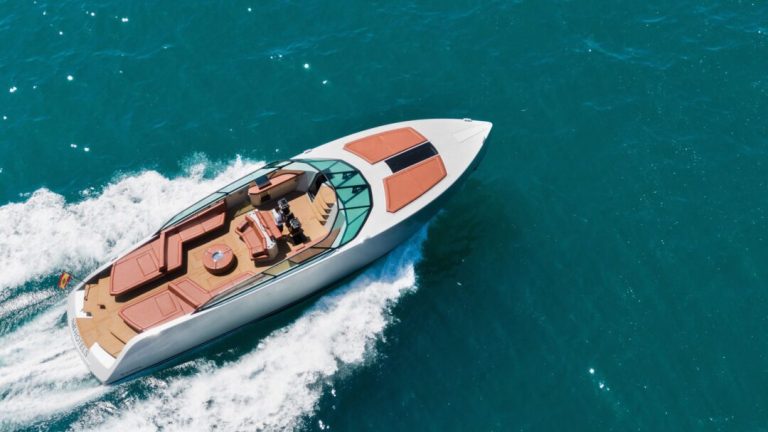
Experience the Thrill of Game Fishing in the Andamans
The Andaman and Nicobar Islands, an archipelago nestled in the Bay of Bengal, are a paradise for nature lovers and adventure enthusiasts. One of the most exhilarating activities you can experience here is game fishing. The pristine waters, rich in marine biodiversity, make the Andamans a top destination for anglers from around the world.
Why the Andamans for Game Fishing?
The Andamans offer an unparalleled fishing experience due to its diverse marine life and untouched natural beauty. The islands are home to some of the world’s most sought-after game fish species, including marlin, sailfish, yellowfin tuna, and giant trevally. The clear, deep waters provide an ideal habitat for these magnificent creatures, making it a haven for game fishing enthusiasts.
Best Spots for Game Fishing
Some of the best spots for game fishing in the Andamans include Havelock Island, Neil Island, and the waters around Ritchie’s Archipelago. Havelock Island, known for its stunning beaches and vibrant coral reefs, also boasts an abundance of game fish. Neil Island, though smaller and quieter, offers a rich marine ecosystem perfect for anglers looking to escape the crowds. The waters around Ritchie’s Archipelago are renowned for their depth and clarity, providing an excellent environment for big game fishing.
Fishing Seasons and Types of Fish
The best time for game fishing in the Andamans is between October and May, when the seas are calm, and the weather is pleasant. During this period, you can expect to catch a variety of game fish. Marlin and sailfish are more commonly found between November and February, while yellowfin tuna and giant trevally are abundant from December to April.
Fishing Techniques
Various fishing techniques are employed in the Andamans, depending on the target species and the location. Trolling is a popular method for catching marlin, sailfish, and tuna. This technique involves dragging baited lines behind a moving boat, enticing the fish to strike. Jigging, another common technique, is used to catch species like trevally and groupers. This method involves dropping a weighted lure into the water and then jerking it up and down to mimic the movements of a wounded fish, attracting predators.
The Thrill of the Catch
The thrill of game fishing lies not just in the catch but in the entire experience. Imagine the adrenaline rush as you battle a powerful marlin or a feisty tuna, the rod bending under the weight of the fish, the line zipping through the water, and the anticipation as you reel in your catch. The sense of accomplishment when you finally land the fish is indescribable.
Sustainable Fishing Practices
While the thrill of the catch is exhilarating, it’s essential to practice sustainable fishing to preserve the delicate marine ecosystem of the Andamans. Many fishing charters in the Andamans follow catch-and-release policies, ensuring that the fish are returned to the water unharmed after the catch. This practice helps maintain the fish populations and supports the long-term sustainability of the sport.
Planning Your Fishing Trip
Planning a game fishing trip to the Andamans is straightforward with the availability of various tour packages. The Sea Routes by TravlX offer tailored packages that include everything from fishing gear and bait to experienced guides and boats. For those looking for affordable options, there are several cheap Andaman tour packages that provide excellent value without compromising on the quality of the experience.
Conclusion
Game fishing in the Andamans is an adventure that promises excitement, challenge, and a deep connection with nature. Whether you’re an experienced angler or a novice looking to try something new, the Andamans offer an unforgettable fishing experience. The islands’ serene beauty, combined with the thrill of the catch, make it a must-visit destination for any fishing enthusiast. So pack your gear, book your trip, and get ready to experience the thrill of game fishing in the Andamans.
















